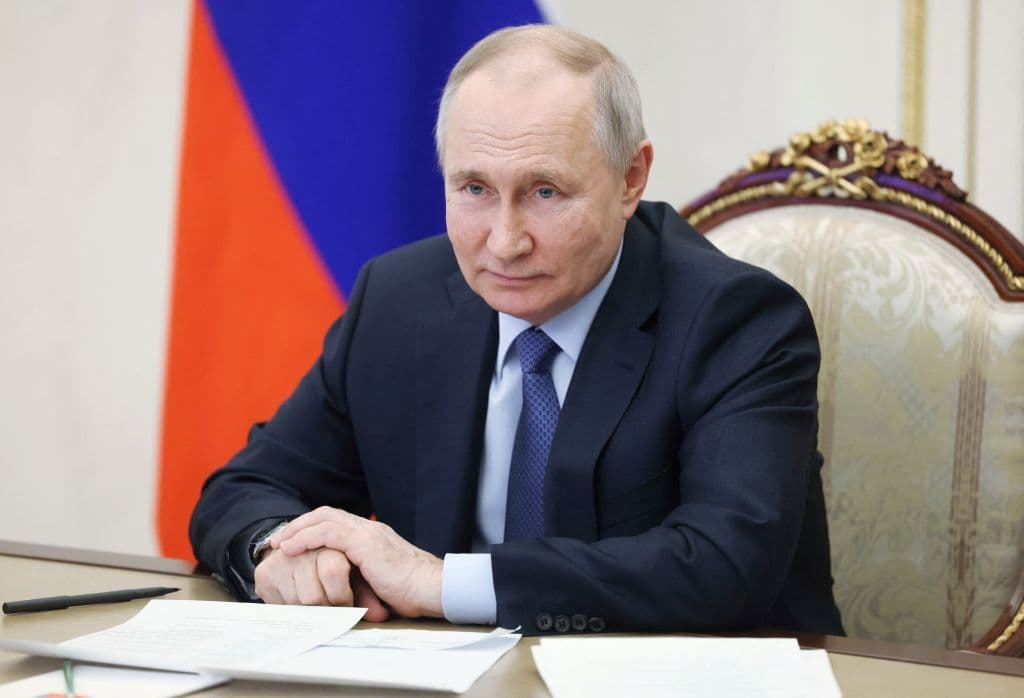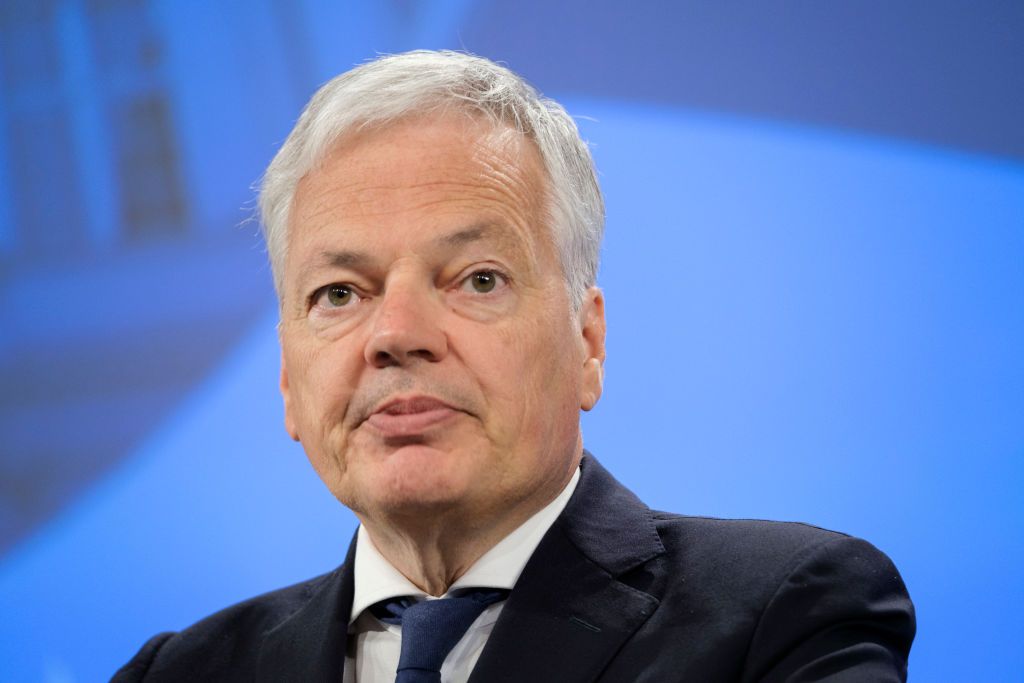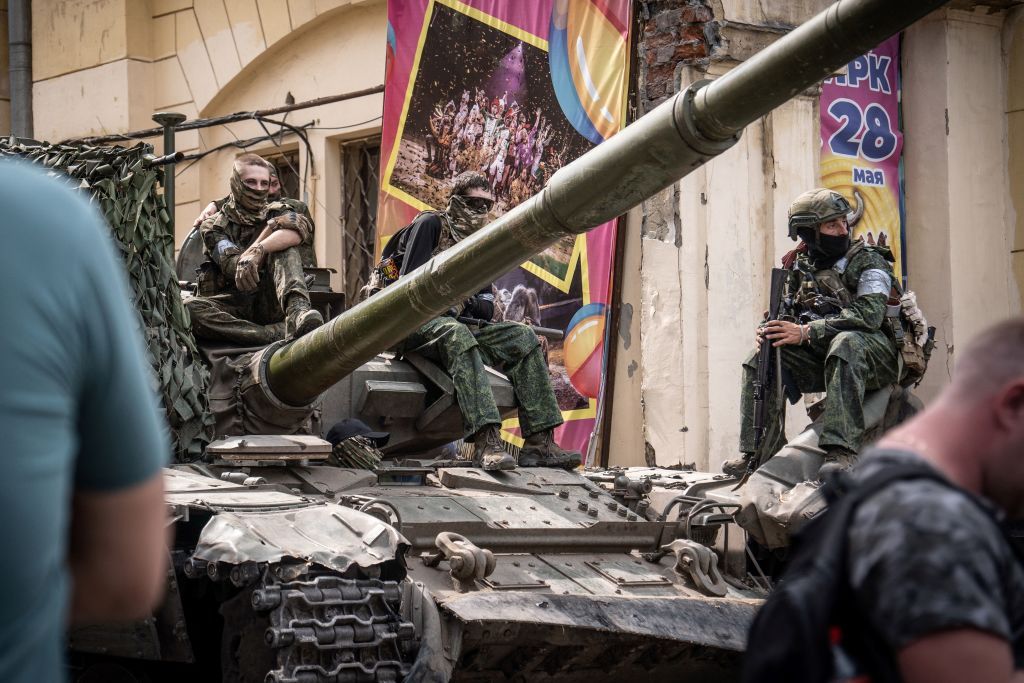The Guardian: Admission that Wagner is state-funded could help try Putin for war crimes

Russian dictator Vladimir Putin's admission that the Wagner mercenary group was government-funded could make it easier to try him for war crimes, the Guardian reported on July 1.
The Russian government has previously attempted to distance itself from the mercenary group which is accused of committing war crimes in Ukraine, Syria, and a number of African countries.
However, during an address to military personnel on June 27, Putin acknowledged that Wagner had received the equivalent of one billion dollars from the Russian state's budget between May 2022 and 2023.
According to legal experts cited by the Guardian, such an admission is significant.
"Funding is, in and of itself, not sufficient to say that somebody's responsible for an international crime … [but] it makes it more difficult to say 'these things have nothing to do with us,'" one expert told the Guardian.
The International Criminal Court (ICC) already issued an arrest warrant for Putin on March 17, as well as the Russian official Maria Lvova-Belova, for allegedly overseeing the forced deportations of Ukrainian children to Russia.
Ukraine is actively campaigning for the establishment of a special tribunal to bring Russian war criminals to justice.
As of July 1, the Prosecutor General's Office has registered 96,060 war crimes committed by Russian forces on the territory of Ukraine since the start of the full-scale invasion.
Putin's admission that Wagner was funded by the Russian state came after Wagner founder Yevgeny Prigozhin launched an armed "rebellion" on June 23, only to stop short of reaching Moscow on June 24.
Following the brief insurrection, Russian media attempted to downplay the role that the Wagner mercenary group had fighting in Ukraine.













